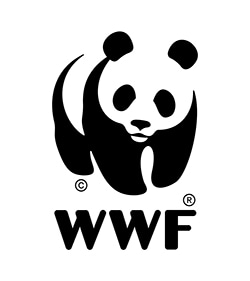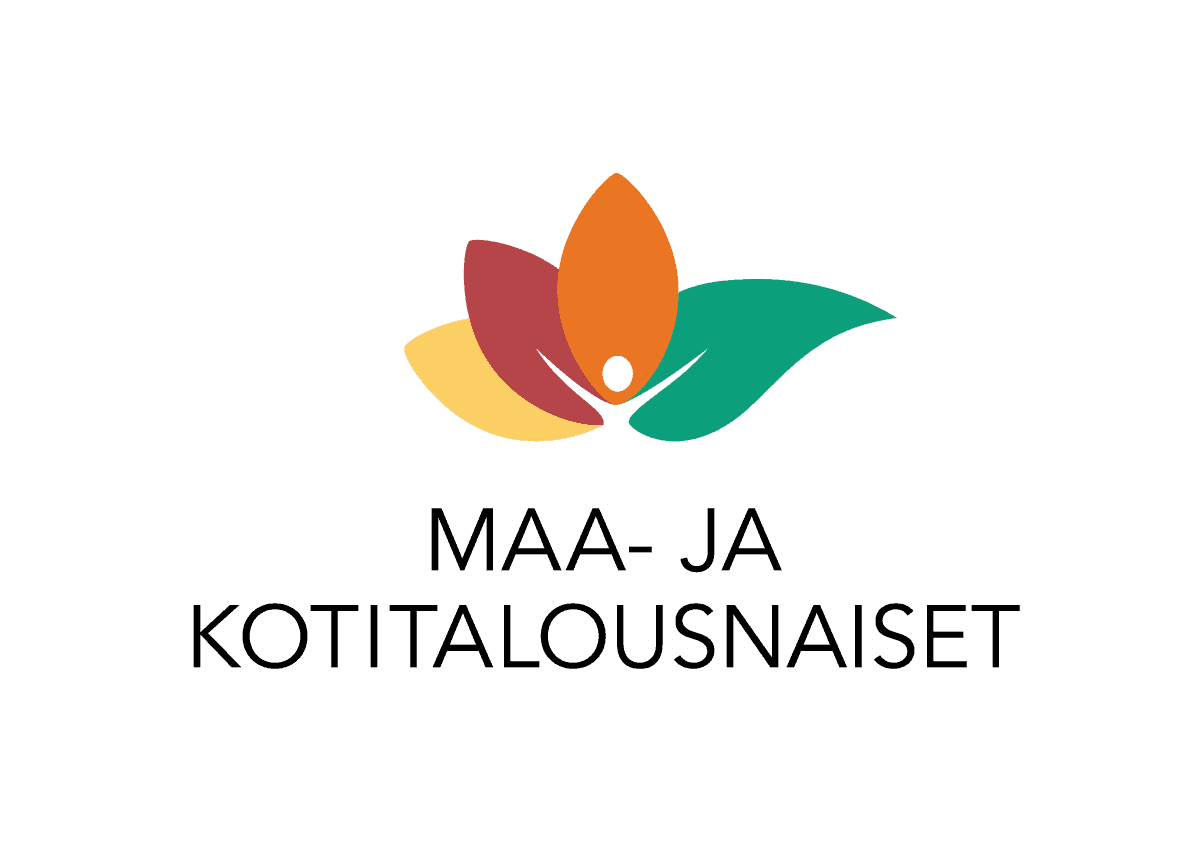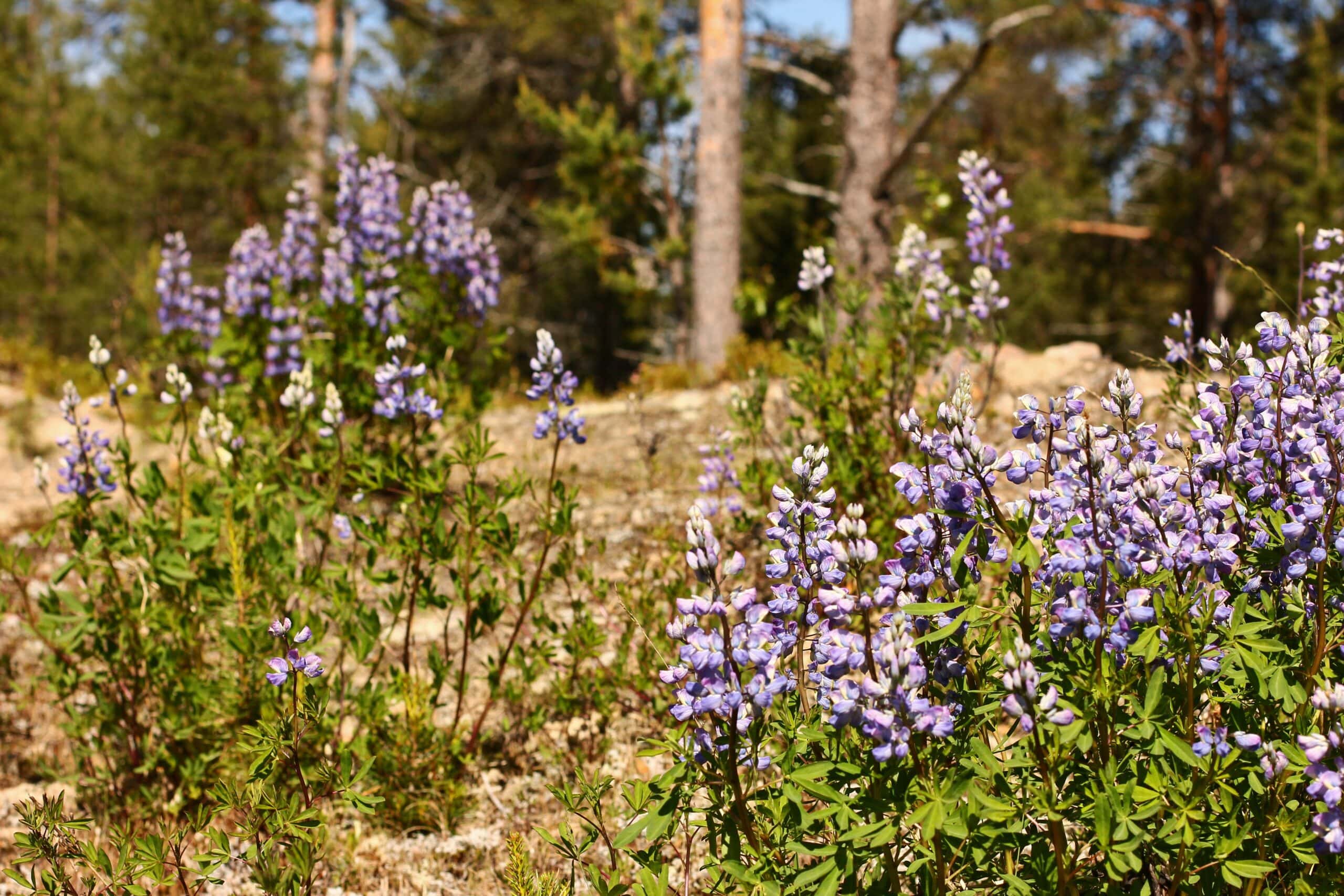Early this year, the Barents Invasive Species project implemented an extensive competitive tender, with the aim of attracting operators for invasive plant species to the project. The tendering process included two different areas, one focusing on material produced for citizens, and the other on activities that promote voluntary work for municipal and local actors. The same party was allowed to submit tenders for both components, which means it was possible to have only one partner responsible for both areas. This time, the areas were assigned to separate operators, and the Barents project got two operators for invasive plants: the WWF and the Rural Women’s Advisory Organisation.
Information for citizens and prevention work for local actors
Over the next 18 months, the WWF will produce material and training for citizens in the Barents invasive species project. During the summer of 2023, they will film material on invasive plant species and northern nature, which will be used to create a series of short training videos. The videos will be subtitled so that they are understandable in Finnish, Swedish and Norwegian. The WWF will also produce text-based training material and arrange online training and an international guest plant webinar, among other things.

The area that Rural Women’s Advisory Organisation takes over is more practical, and focuses on activities that support the control of invasive species. The aim is to study the practices various countries employ to control invasive plants, to arrange demonstrations of the control work, and to promote the control work by training operators. Such activity is needed because in Finland, for example, invasive plant elimination rallies are held regularly, but such a culture does not exist in Sweden. After all, the international exchange of ideas and experiences is one of the most important objectives of the project!

Right now, the activities of the WWF and Rural Women’s Advisory Organisation are being planned with great enthusiasm and will become clear during the summer of 2023. It is certain that the measures will target Nootka lupin, garden lupin and plants of the Heracleum species, but other species may also come to the fore as the project proceeds. International cooperation is needed because invasive plants care little for national borders. Upcoming events and new materials will be announced on the project website and on Twitter!
The WWF and Rural Women’s Advisory Organisation are part of the Barents Invasive Alien Species (IAS) project, which is coordinated by Natural Resources Institute Finland. The project operates in the Barents region of Finland, Sweden and Norway and aims to produce information in five different languages: Finnish, Swedish, Norwegian, Northern Sámi and English.
